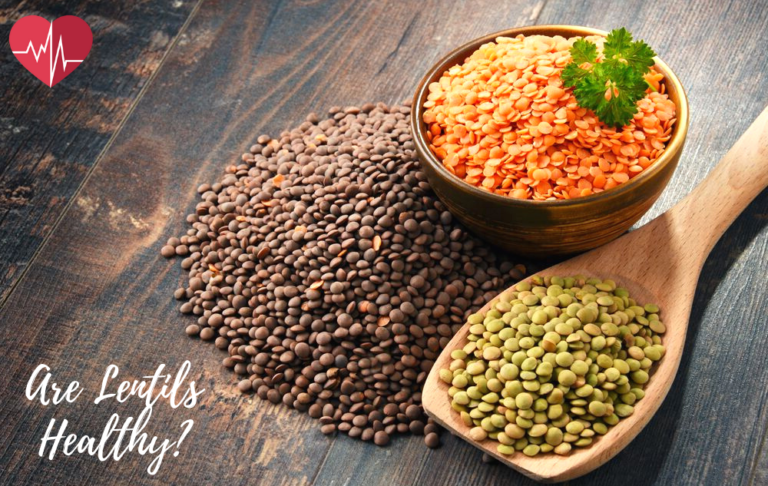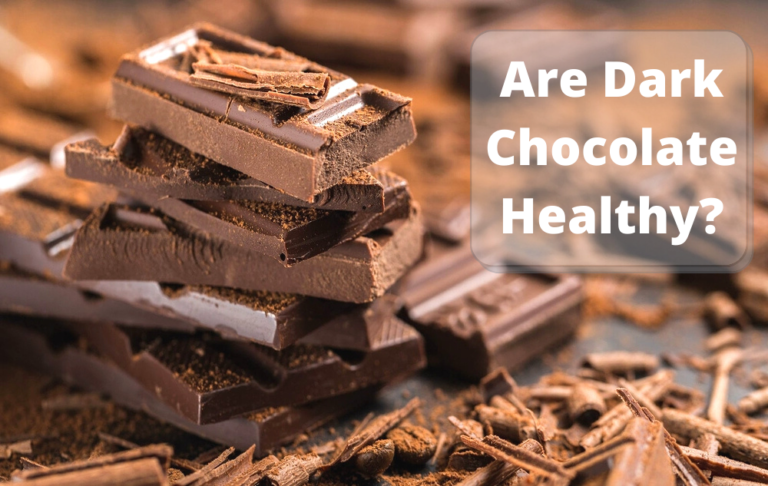Avocados are healthy for various reasons. It is good for blood pressure, skin health, digestive system, weight loss, and more. So, are avocados healthy? The answer is yes.
Avocados have vitamins, minerals, fiber, and more. It has commercial varieties. You should choose the good avocado and make some amazing dishes for your diet to get the benefits. It reduces the gentle pressure of blood pressure, high cholesterol, and even colon cancer.
Check out more information about avocados to get the total benefits.
What Is Avocado?

Avocado is a butter fruit that originated in the Americas. This is a nutritious fruit with a delicious taste. Most people like to have it and it has become one of the most popular fruits to give you both taste and health. You can call it a versatile fruit.
Some people consider it as fruit whereas others like to have it like a vegetable. Avocados or Persea Americana are also considered berries. The Avocado group is a member of the Lauraceae plant family. One avocado can give you a lot of health benefits, nutrients, and minerals.
You can use avocados in several dishes like salads, chicken salad, guacamole, tacos, and more like that. The fat-soluble vitamins of avocado are beneficial for your health. Avocados are a famous fruit that is helpful for your health and wellness. There are many kinds of health benefits that you can have if you eat avocados. Some of them are to manage settings of weight, reduce heart disease, gut health, bone health, blood pressure regulation, and maintain cholesterol levels.
One avocado or a medium avocado can give you a higher amount of nutrients than many other good fruits. You can have it in your diet and keep your health safe. Eat it as fruit or food. Check the details of avocados that we are going to show you in this article below.
Nutritional Facts of Avocado
Avocado calories are what you can have to maintain your diet plan. Avocados have several vitamins, and other nutrients like dietary fiber, healthy fats, vitamin E, vitamin C, vitamin K, B vitamin, and other vitamins and minerals. Healthy fats and vitamin factors are essential and you can have them in avocado.
The creamy texture of avocado makes it rich in taste. Let’s see what the nutritional factors of avocado are.
| Nutritional Elements | Amounts (Per 100 grams) | Daily Value |
| Calories | 160 | |
| Total Fat | 15 g | 23% |
| Saturated fat | 2.1 g | 10% |
| Potassium | 485 mg | 13% |
| Sugar | 0.7 g | |
| Cholesterol | 0 mg | 0% |
| Protein | 2 g | 4% |
| Sodium | 7 mg | 0% |
| Dietary fiber | 7 g | 28% |
| Carbohydrate | 9 g | 3% |
| Vitamin C | 16% | |
| Iron | 3% | |
| Calcium | 1% | |
| Vitamin B6 | 15% | |
| Vitamin D | 0% | |
| Magnesium | 7% | |
| Cobalamin | 0% |
Health Benefits of Avocado
Eating avocados has a lot of health benefits. It has healthy fat that makes it more helpful for the body, skin, and overall health. Avocado benefits for skin are many. See some of them that we are describing to you.
Good for Gut Health
Avocados are high in fiber. So, it can provide you with 14 grams of it if you have one avocado. Having enough fiber is important if you are maintaining a certain diet. It helps to increase the growth of essential and healthy bacteria. The most nutritious part of avocado is this.
Also, it has greater bile acid concentrations. It can decrease intestinal inflammation along with colon cancer as well. Eat a variety of foods that contain fiber, not just avocados. Eating avocados is important to support and improve gut health and bone health, and colon cancer as well.
Rich in Antioxidants And Anti-inflammatory properties
Avocados are rich in antioxidants, vitamins, healthy fats, minerals, fiber, and more. It also has bioactive compounds including vitamin C, vitamin E. carotenoids, phenolic compounds, and more. Eating avocados regularly can be a blessing to your health. It can increase the antioxidant defenses of your body.
Half an avocado can improve heart health, higher blood pressure, and more. This is why it’s helpful if you eat avocado and get antioxidants to improve your health.
Reduce The Risk of Heart Diseases
Are all avocados healthy? Surely it is because of a lot of good nutrients. Not just that, it also helps a lot to reduce the risk of heart disease. All the vitamins, minerals, healthy fats, fiber, and other nutrients can help your body protect the heart from any heart disease. It keeps the cardiovascular system healthy.
So, if you want to protect your heart and ensure heart health, avocado can help you a lot with this.
Maintain A Healthy Weight
If you want to maintain body weight, you have to follow a proper diet. A balanced diet is more important for your health than you think. Avocados can be a great addition to your diet if you want to enhance weight loss. Avocados are high in calories. There are a lot of factors that can influence weight and reduce belly fat.
Besides, avocados are packed with fiber and other nutrients. It helps to promote safety. Healthy fat content can decrease body weight. You can get ripe avocados to help lose body weight and be healthy.
Versatile
Avocado is indeed a versatile fruit. You can use it in versatile ways. It is both sweet and savory. Avocados are highly nutritious. Make several types of dishes and eat them to get the nutrients easily. You can make different kinds of salads, tuna, egg, salmon, and chicken salads with it. Add lime, onions, cilantro, avocado, and olive oil to make delicious salads.
There is also a famous avocado dish called guacamole that you can make. Just like this, you can make many more dishes as it has a creamy texture and sweet-savory taste. Avocados have the nutrients to maintain your health along with a disease prevention facility to improve your health.
Good for Pregnancy And Breastfeeding
Are avocados healthy for pregnancy? Well, avocado benefits for females are many. During pregnancy and breastfeeding, you can eat avocados to fulfill the requirements and improve health conditions. Avocados may be one of the most beneficial things in your diet plan. It can securely process to fulfill the requirement of folate intake and reduce complications during pregnancy.
Eating avocados is also helpful to help reach the goal of recommended intake levels. It provides greater amounts of vitamin C, B6, and potassium during breastfeeding. Get help from health professionals and create healthy cells to keep your health good during pregnancy.
Fight Inflammation
Avocados work well to fight inflammation. It has fatty acids, vitamins, and minerals to prevent constipation. If you are worried about acidity and inflammation, you should not be tense about avocado to be in your diet chart. Fatty acids and all the other things help you to maintain your health.
Maintain Digestive Function
Talking about digestive function, you should know that avocado works fine to keep your digestive tract right. Avocados are high in fiber, calories, vitamins, and minerals. To maintain sound health, you can have avocado on your diet list.
Control Blood Pressure And Cholesterol Levels
Avocados can also lower cholesterol levels and blood pressure. Avocado may be a good solution for you if you have increased cholesterol levels and blood pressure. It helps to increase the levels of HDL cholesterol and decrease LDL cholesterol. Avocados work well for blood pressure regulation.
Is It Okay to Eat An Avocado Every Day?

Are avocados healthy for you? Of course, it is. You can eat it every day if you want. This is a good element to be in your healthy diet plan. Avocado may be the most essential fruit that has a buttery texture that you may like. It ensures sound health as it has several types of good nutrients. You can surely eat avocado every day.
Why Avocado Is Not Good for You?
If you have a question, “how can avocados be bad for you?”, we have a clear explanation for you. Eating avocado can be a healthy diet for you. But eating too many avocados a day is not what your body needs. As it contains fat and a lot of calories, you need to limit it to have a lot of it. Otherwise, you can gain weight. Avocados may not be as good for your health as they should be.
Do Avocados Make You Gain Weight?
Avocados may make you gain weight. It is high in calories, vitamins, minerals, and fiber that is useful for your health. But overeating avocados a day is not necessary for your body. Is avocado good for weight loss? Yes, it is. But it can also make you gain weight if you exceed the daily value of your body. It can also weaken the immune function of your body.
Older adults should not eat a lot of avocados. They should stick to the limit for the weight loss segment.
What Happens When You Eat Too Much Avocado?
If you eat too much avocado, it can cause gastrointestinal issues. Avocados are rich in fiber. It helps to decrease digestive issues. But if the amount of avocado consumption becomes too much, it creates some digestive issues including gastrointestinal ones. So, the avocado consumption should be right.
Wellness professionals suggest taking the right amount of avocados to get the benefits of public health. Avocados are budget healthy foods. But it contains polyols. These are the small-chain carbohydrates that can cause gas, bloating, stomach pain, and even diarrhea. So, to maintain the nerve function, you should be careful about having the right amount of avocados in a day. This is how it can keep your health secure and help you with weight loss.
When Should You Not Eat Avocado?
You should not eat avocado when it’s rotten or mushy. When it is squeezed, it looks brown and moldy inside. You may have a sour smell because of it. When you face this kind of problem, you should not eat avocado like this. If you want to have an inexpensive healthy diet, avocado is a good option for it.
This has fiber intake and short-chain fatty acids that you can have in avocado to have sound health. If you smell the fruit and it is not pleasant, you need to avoid it. Are avocados healthy to eat? It is, but you should know what kind of avocado you need to have. Check out the medical advice diagnosis systems or Healthline media websites to help you out more.
Wrap Up
Now that you know about avocados, you should figure out how much your body needs. Are avocados healthy? Of course, it is healthy. All the vitamins, minerals, and other nutrients of avocado give invaluable service to your health.
Add avocados to your diet and get the benefits for your body. There is advice, diagnosis, or treatment of Persea Americana mill that you can get to ensure sound health.
Make various types of avocado dishes and be healthy.

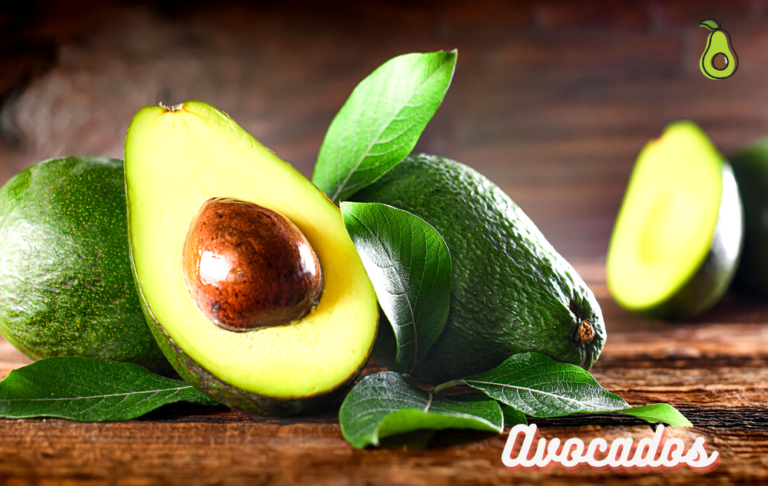
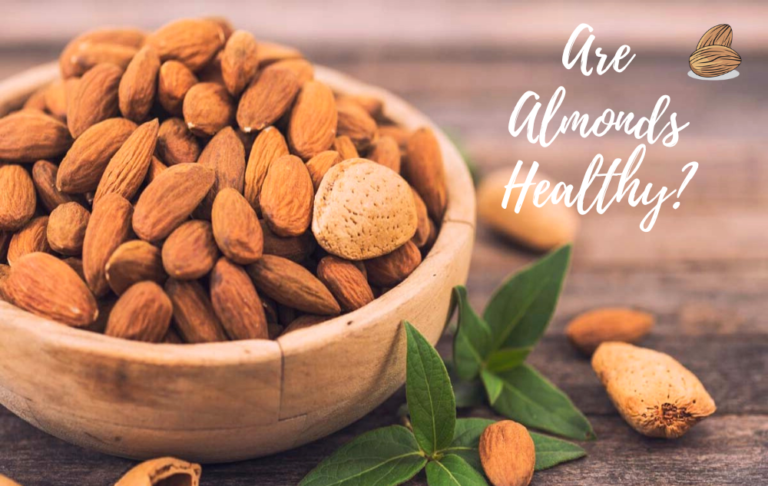


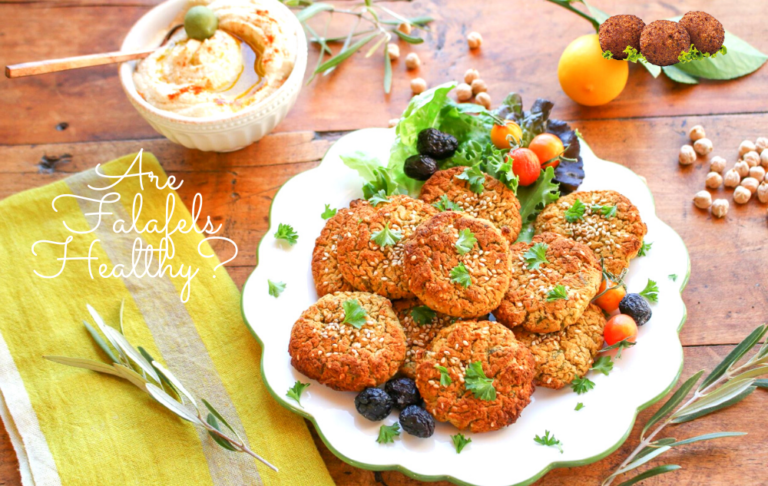


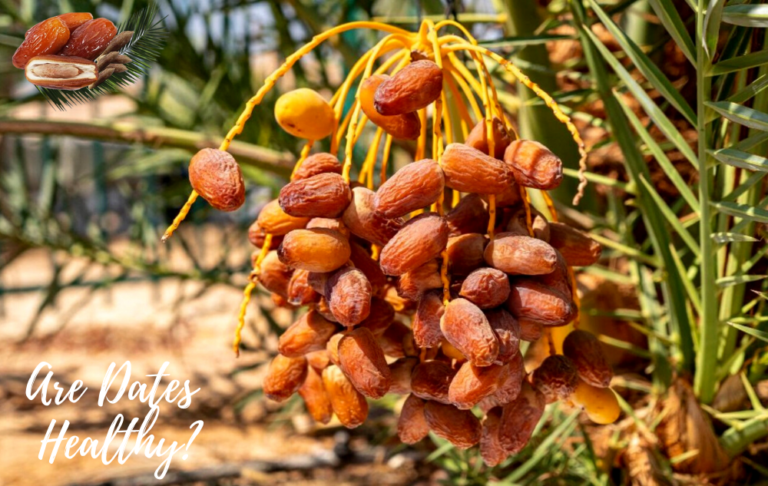


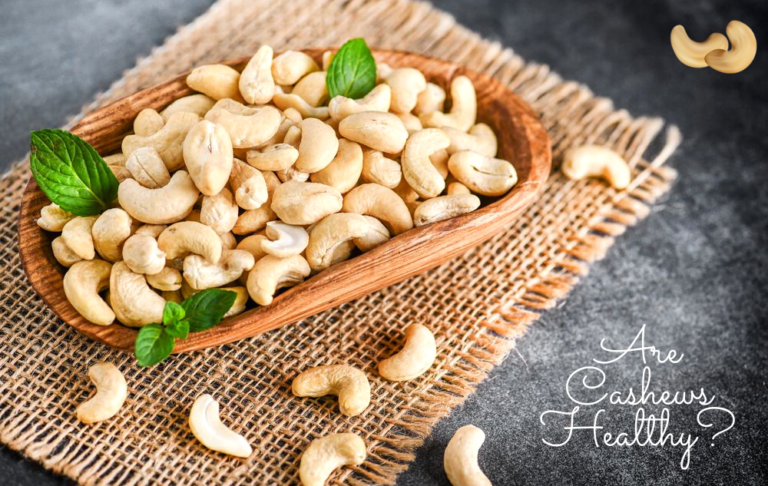





![Are Lamb Chops Healthy? [Nutrition Facts and Health Effects] Are Lamb Chops Healthy? [Nutrition Facts and Health Effects]](https://www.healthyfoodforliving.com/wp-content/uploads/2022/05/Are-Lamb-Chops-Healthy-768x486.png)


